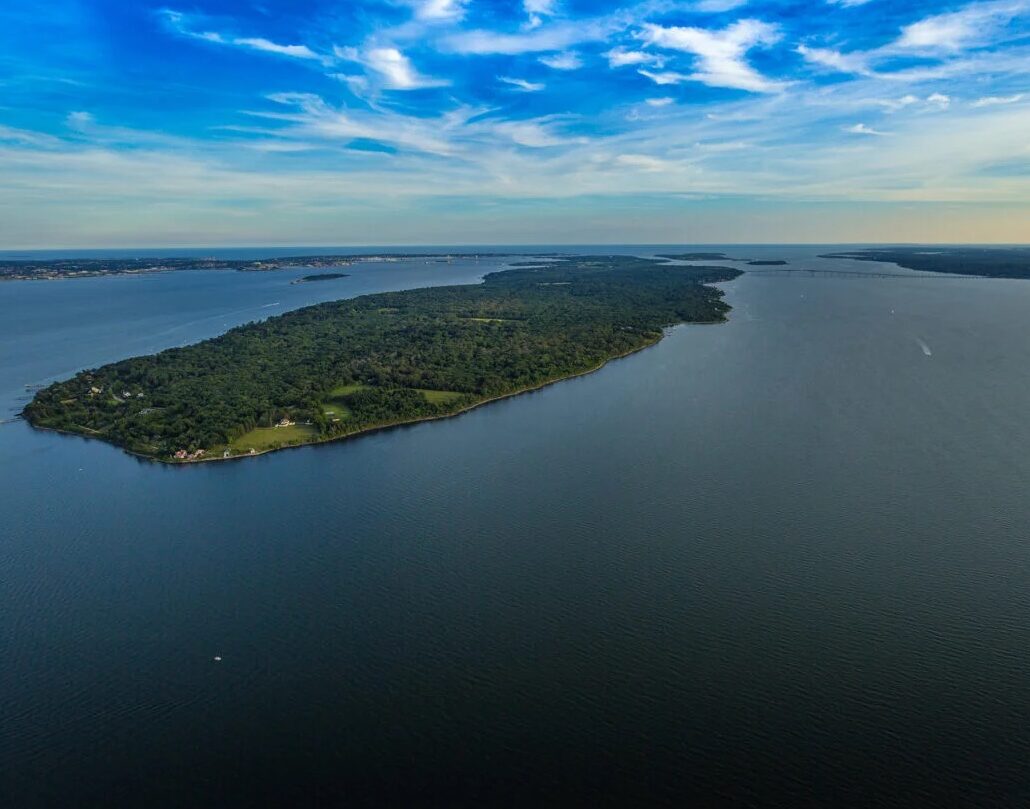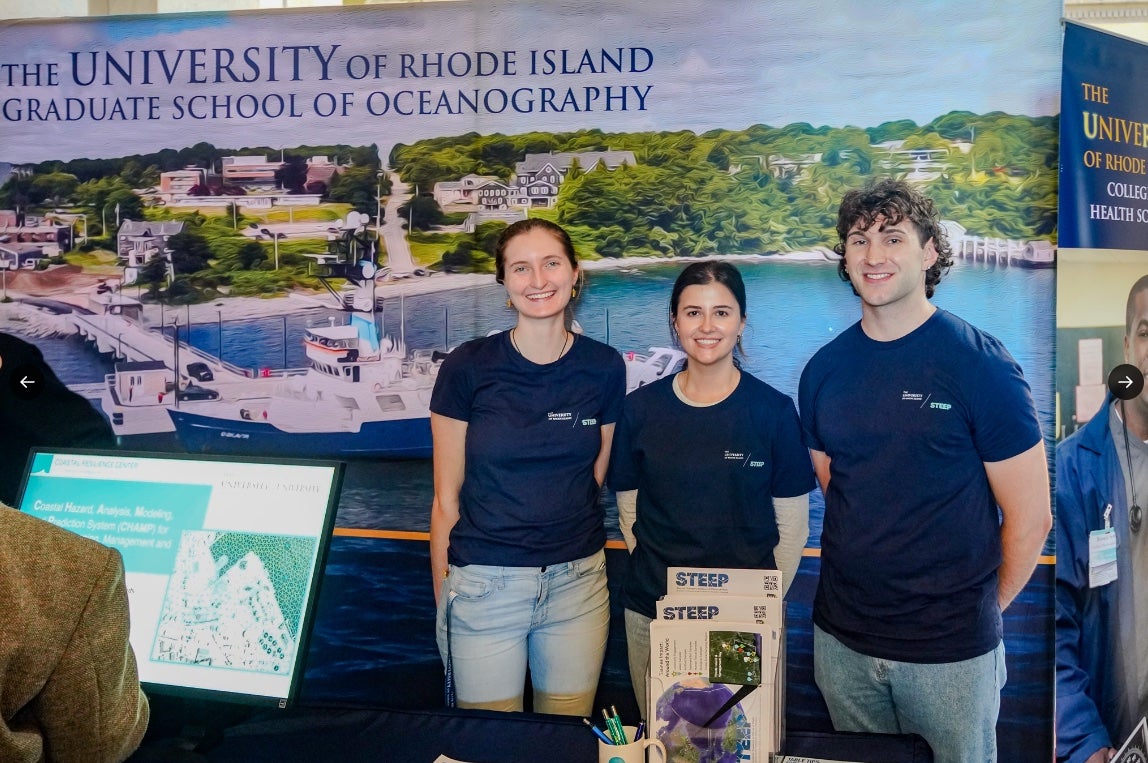What is Ocean Acidification?-The Achilles’ Heel of Calcifying Organisms Atmospheric carbon dioxide (CO2) levels have been on a steady rise due to the extensive use of fossil fuels. As of now, CO2 levels have exceeded the highest levels observed in the past 800,000 years. This unprecedented increase not only accelerates global warming but also introduces […]
Continue reading "Carbon Cycle for Everyone"Category: Uncategorized
Bay Campus Summer Sports, 2024
Basketball Monday Basketball Mondays are at 5PM at Christofaro Park! This is a great opportunity to learn the basics or to play some competitive pickup games. On hot days we jump in the ocean after! All (yes, that means you) are welcome! Balls are provided, and close-toed shoes are recommended. Contact Taylor at 208-889-1787 with […]
Continue reading "Bay Campus Summer Sports, 2024"Physical Oceanography Seminar, June 3
Speaker Xuanyu Chen, Ph.D. ’20, Research Associate, NOAA Physical Sciences Laboratory Mesoscale sea surface temperature warm anomalies increase trade cumulus generation in the North Atlantic trade-wind boundary layer Abstract Trade-wind cumuli play a crucial role in Earth’s energy budget due to their prevalence and net cooling effect. Howthese shallow clouds respond to a warming climate […]
Continue reading "Physical Oceanography Seminar, June 3"Long-term ocean sampling in Narragansett Bay reveals plummeting plankton levels: impact uncertain for local food web
URI researchers estimate that in Narragansett Bay, the level of tiny plantlike creatures called phytoplankton has dropped by half in the last half century.
Continue reading "Long-term ocean sampling in Narragansett Bay reveals plummeting plankton levels: impact uncertain for local food web"Physical Oceanography Seminar, April 26
Speaker Irina Rypina, Ph.D., Assoc. Scientist, Woods Hole Oceanographic Institution Aggregation of slightly buoyant microplastics in 3D vortex flows Abstract Marine microplastic pollution is a rising concern for the ocean environmental and human health. The highest concentrations of microplastics are found at the ocean surface, but significant amounts are also observed at depth. What sets […]
Continue reading "Physical Oceanography Seminar, April 26"Physical Oceanography Seminar, April 19
Speaker Stephen Griffies, Geophysical Fluid Dynamics Laboratory, NOAA and Princeton University Ocean climate modeling with the MOM6 Lagrangian vertical coordinate model Abstract This talk provides a primer on the Lagrangian vertical remapping method as realized in MOM6. Additionally, we consider case studies whereby the vertical Lagrangian approach has been used for the study of ocean climate, […]
Continue reading "Physical Oceanography Seminar, April 19"Physical Oceanography Seminar, April 15
Speaker J. Xavier Prochaska, professor, UC Santa Cruz Lessons Learned from Applying Machine Learning to Remote Sensing Observations of Sea Surface Temperature Abstract I will describe lessons learned from our team’s program to apply machine learning to large remote sensing datasets of sea surface temperature (SST) on submesoscales (i.e. ~10-100km). Adopting unsupervised techniques, we first […]
Continue reading "Physical Oceanography Seminar, April 15"Physical Oceanography Seminar, April 12
Speaker Lilian Dove, Postdoctoral Fellow, Brown University Secrets of the Southern Ocean: Investigating Ocean Ventilation Using Underwater Autonomous Vehicles Abstract The Southern Ocean exerts a strong control on global climate as the primary site of both deep water ventilation and subduction of newly formed intermediate water masses. Thirty years of satellite altimetry has shown that […]
Continue reading "Physical Oceanography Seminar, April 12"Physical Oceanography Seminar, April 5
Speaker Brandon Reichl, NOAA Geophysical Fluid Dynamics Laboratory Improved representation of upper ocean vertical mixing in equatorial regions in ocean climate models Abstract Deficiencies in upper ocean vertical mixing parameterizations contribute to equatorial upper ocean biases in global coupled general circulation models, affecting their simulated ocean heat uptake and ENSO variability. To better understand these […]
Continue reading "Physical Oceanography Seminar, April 5"State leaders express support for ‘Rhode Island’s university’ during URI Day at State House
Last week, GSO participated in a showcase of the work and impact of the state’s flagship research institution during URI Day at the State House.
Continue reading "State leaders express support for ‘Rhode Island’s university’ during URI Day at State House"

